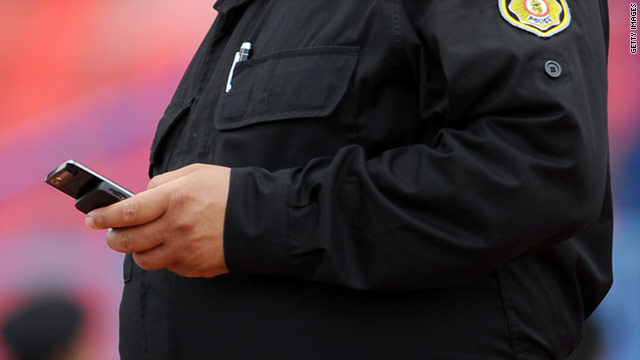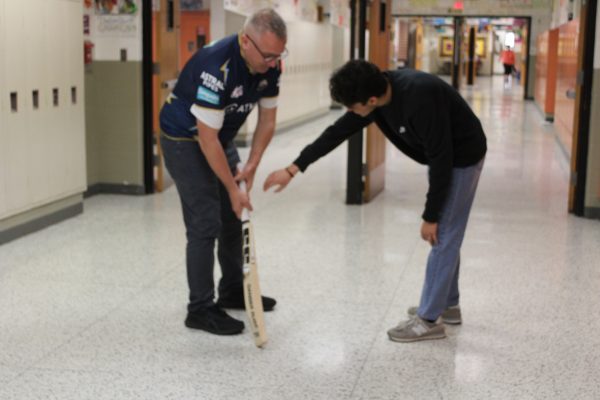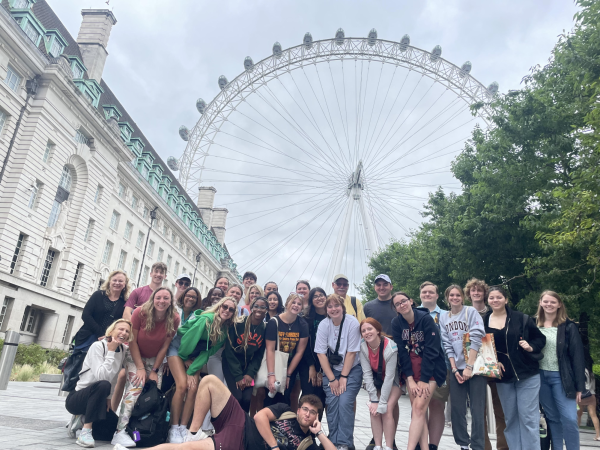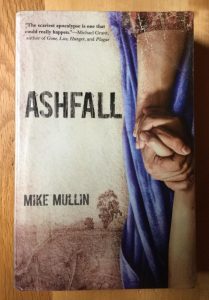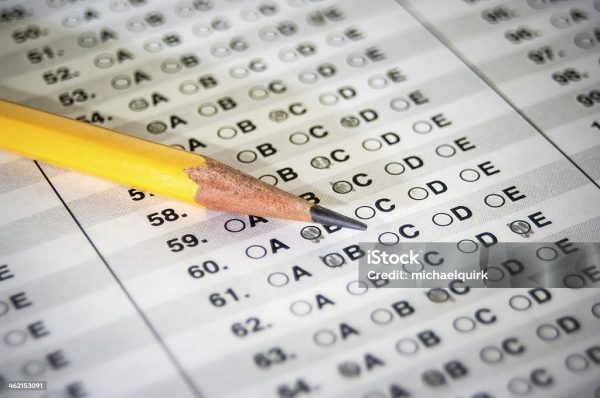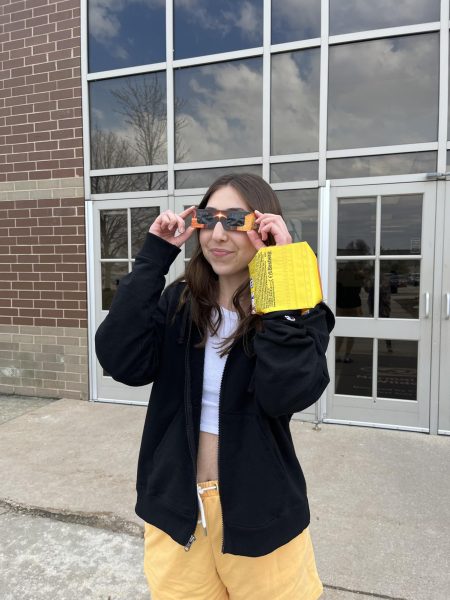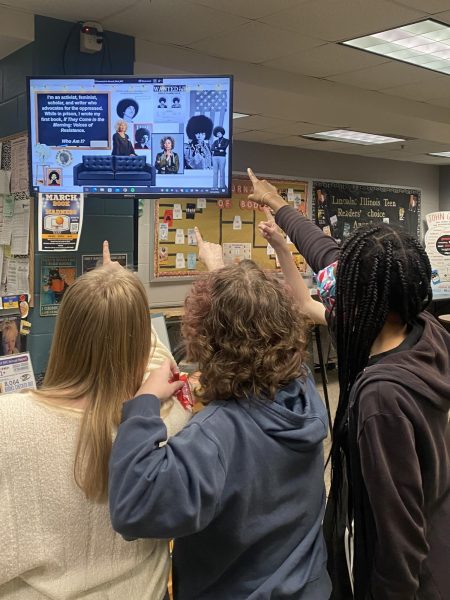Supreme court to determine legality of cell phone searches
The Supreme Court recently announced their plans to decide whether or not the police have the right to search someone’s cell phone without a warrant. In April, the court will review two cases in which incriminating evidence was found after an officer inspected a suspect’s cell phone without a warrant. As mobile phone and smartphone technology has been advancing at an incredibly accelerated rate, the question as to what is considered personal privacy and property arises more and more.
“Some people live their entire lives on their cell phone.” said Anthony Biddle(11), and he’s certainly not wrong about that. According to a survey conducted by the Huffington Post, over 80% of Americans don’t believe they could get through a single day without their cell phone. Biddle continued, “Our friends’ and family members’ contact info, our schedules, e-mails, texts, calls, and photos are all there. I don’t know if I like the idea that the government could potentially see all of this and use it against someone without having a warrant first.” D’Andre Gomez (10) felt the same way, adding, “I keep everything on my phone, so if the police saw my stuff, I wouldn’t like that.”
He’s not the only one who feels this way- from a legal standpoint, others are also opposed to this idea. Ms. Mayer, social studies teacher, addressed her own fears about the possibility of cell phone searches without warrants. “I personally believe in due process of law guaranteed by the Fifth Amendment. The Fourth Amendment protects us from unreasonable searches. Due to those facts, I still think the police should have a warrant to search cell phones.”
Ms. Hinman, media arts teacher, voiced her own opinion as well. “I feel that this is an invasion of privacy and I don’t feel that there’s a need for everyone to be under surveillance 24/7, because that’s what that is. It’s one thing to look at specific people and specific situations, but it’s another to do this.”
However, with so much publicity surrounding the recent activities of the NSA, many believe that this right has already been infringed upon by our government. According to CNN, the NSA has conducted surveillance on 75% of Internet searches in the US, both on computers and on mobile devices. According to a poll organized by MSNBC, more than 50% of Americans agree that they are opposed to the actions of the NSA.
The previously mentioned Ms. Mayer agreed that this is something that has already happened. “I do believe that the NSA is already looking at our information, so one way or another, it’s happening.”
Another possible consequence of allowing warrant-free cell phone searches is that not only the owner of the cell phone, but others, could be affected. If the recipient of a message has their phone searched, the sender could face charges. While the police could use this as a tool to find those who assisted in crimes, it could also lead to false accusations. Not to mention, this method could make it incredibly easy to frame someone for a crime they did not commit. Mac Cook (10) believed that “people would be in trouble a lot more with the police. I’d be afraid that more people would be in trouble.”
Despite overwhelming opposition, the Supreme Court’s decision could be a precedent in determining personal privacy for years to come.

